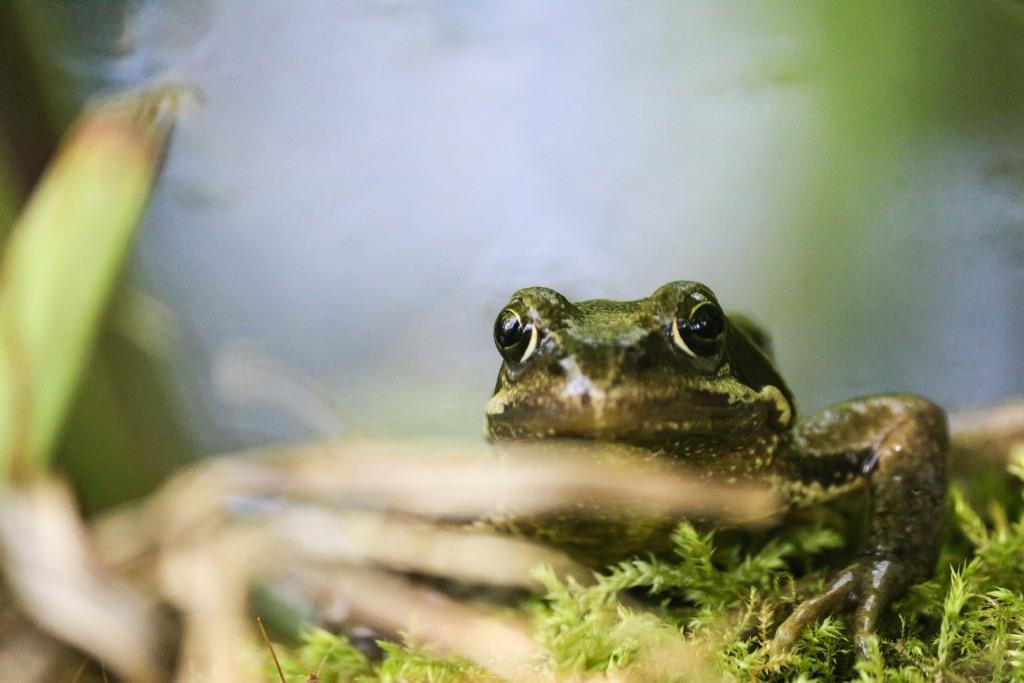Animal welfare in ecological research
In view of the rapid loss of biodiversity, the conservation of animal and plant species is one of the greatest challenges in the 21st century. For a long time, conservation efforts focused mainly on the preservation of species, populations, or ecosystems, rather than on individual animals. However, in recent years, the impact of traditionally invasive or lethal research methods on individual animals has come into focus.

How wildlife research can put species at risk
Examples of such techniques include blood or tissue sampling for genetic or physiological assessment, which has been known to cause increased mortality in some bird species, and toe-clipping, used to mark and identify certain amphibians, lizards, and rodents, but can lead to inflammation and infection of limbs, as well as impair locomotor performance and lower survival rates. Even non-invasive methods such as the attachment of radio-transmitters to track animals could have negative effects, such as skin lesions and restricted movement. Additionally, the capture of wild animals can be very stressful. Also the use of anaesthesia while handling the animal can increase the risk of mortality and cause behavioural changes, including fatalities due to physical injury or extreme temperatures.
Urgently needed groundwork for the introduction of the 3R principles
Up until recently, animal welfare science had largely concentrated on domestic, farm, and laboratory animals, but now it has been extended to include wild animals as well. It is crucial that our research practices do not cause too much distress to the animals we are studying.
Animalfree Research conducted a project, which is one of the first initiatives tackling the issue of animal ethics and welfare in wildlife research, and it is unique to Switzerland. In this project, Dr. Miriam Zemanova provides a basis for a well-rounded discussion combining the knowledge and methods from biology and philosophy. Specifically, she performed a survey among ecologists across Europe on specific issues of animal use in ecology, including proposals for the introduction and use of the 3Rs (replace, reduce, refine) concept, and provided specific guidelines for its implementation. This initiative lays the groundwork for deeper discussions on ethical issues in the field of wildlife research.
Publications
Zemanova M. A. (2019): Poor implementation of non-invasive sampling in wildlife genetics studies. Rethinking Ecology 4: 119-132.
Zemanova M. A. (2020): Towards more compassionate wildlife research through the 3Rs principles: moving from invasive to non-invasive methods. Wildlife Biology 2020: wlb.00607.
Zemanova M. A. (2021): Making room for the 3Rs principles of responsible animal use in ecology: potential issues identified through a pilot survey. European Journal of Ecology 7: 18-39.
Support the replacement of animal experiments
With your donation you help to develop and implement research methods that completely avoid the use of animals.
